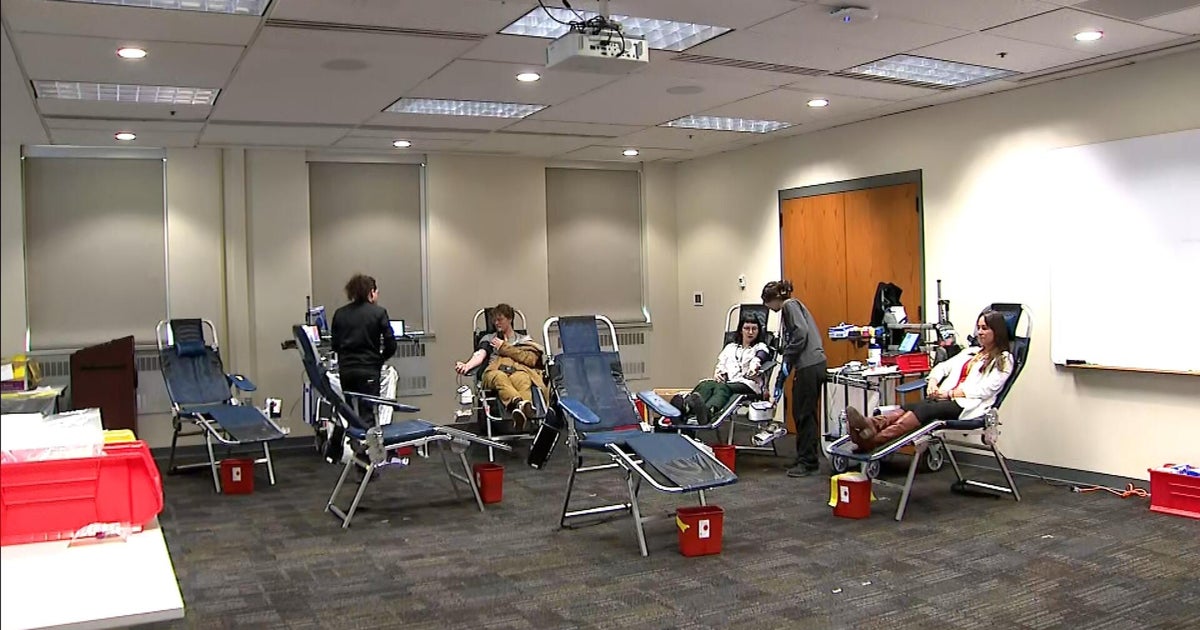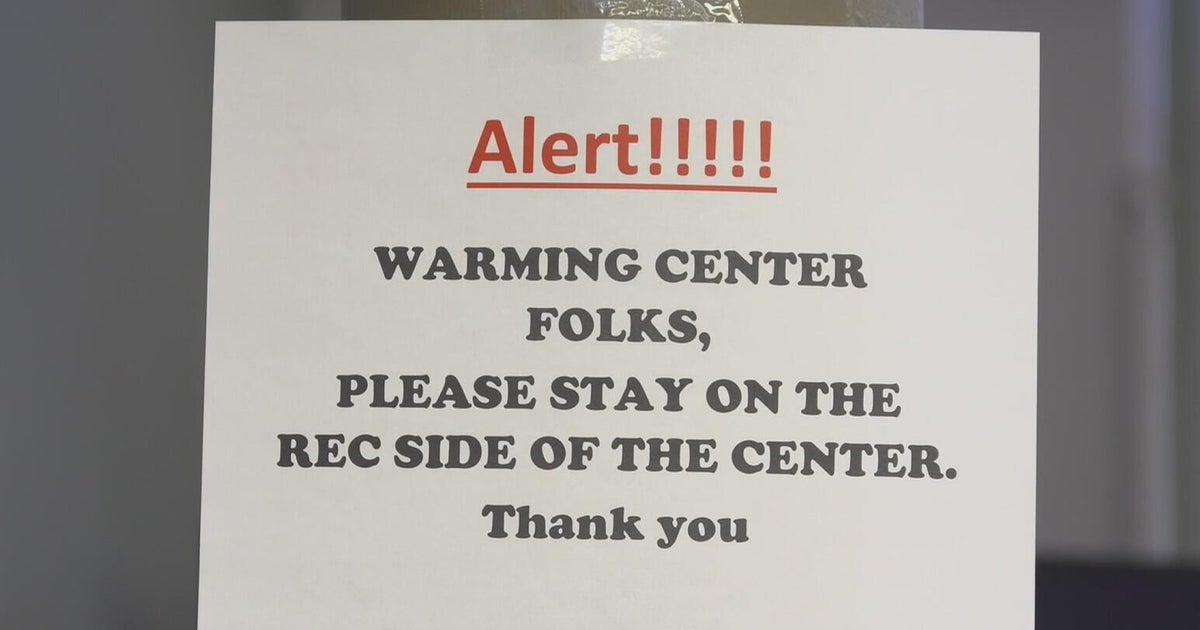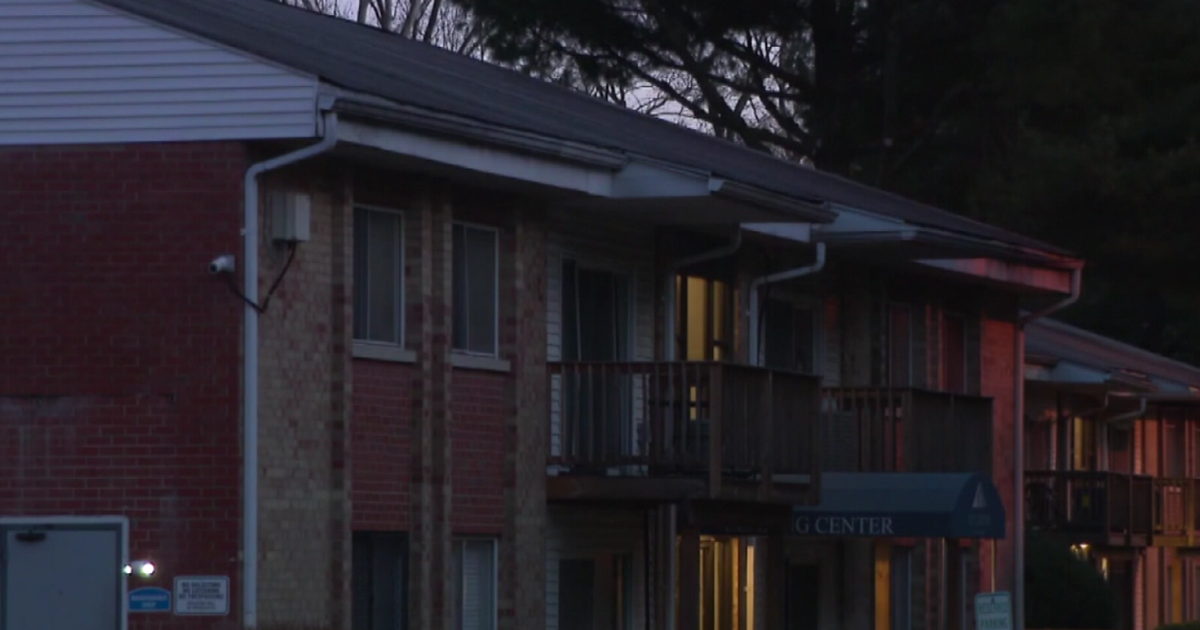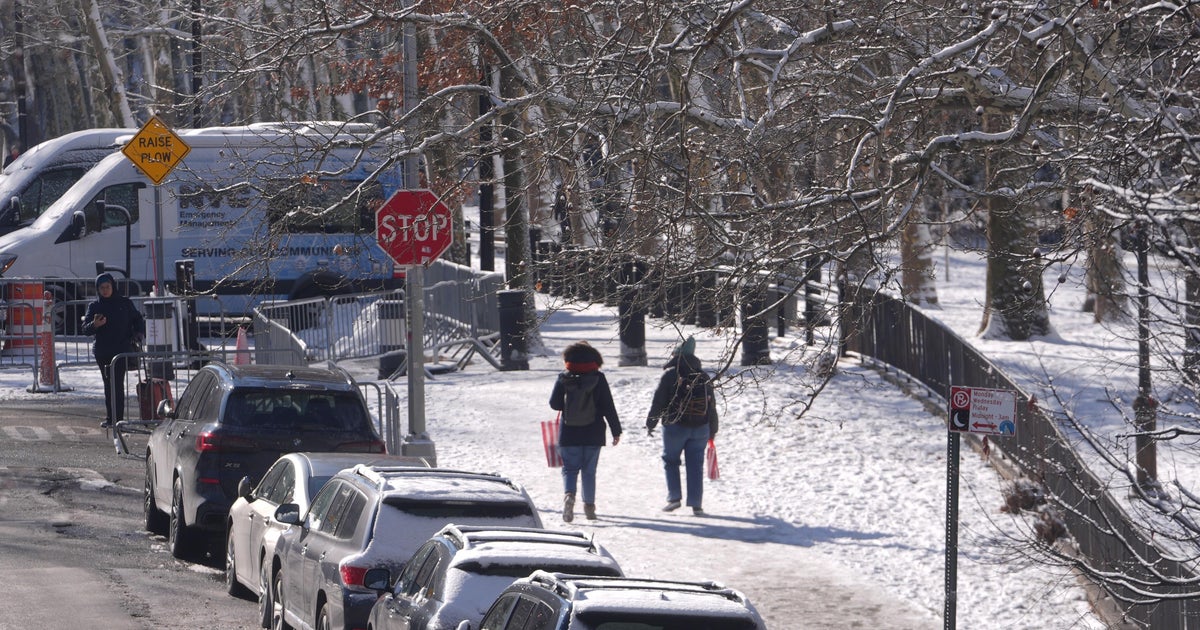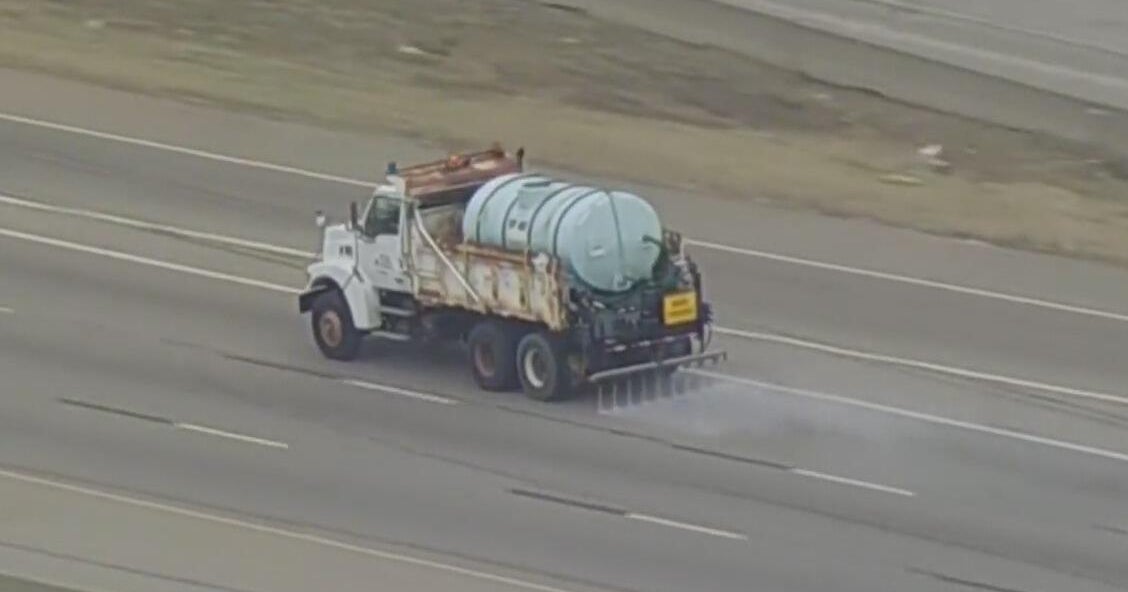Colorado law protects renters' rights to stay warm in livable conditions
Many renters across the Denver metro area lost heat during the recent cold spell and many have gone without heat for days. Having working heat is a matter of safety and that's why it's important to know what your rights are as a renter.
Tenants are protected under Colorado's Warranty of Habitability law. By law, landlords are responsible for making sure their properties are safe and livable. That includes providing working heat.
"If the premises lack functioning heating services, they're deemed to be uninhabitable or not fit for habitation," said Jeff Peshut, an assistant professor of finance and real estate at MSU Denver.
Peshut said when the premises are uninhabitable, the landlord has breached their warranty and agreement to the tenant. That's when tenants can take action on their own.
Peshut said the first step is to give the landlord a written notice stating health or safety concerns.
"It's essential to provide that initial notice in order to protect your rights," said Peshut. "Once you've given that notice, you're much more free to take matters into your own hands."
By law, the landlord must respond within 24 hours with the efforts they're taking to resolve the issue and help the tenant.
"They need to make some other accommodations, for instance, maybe put the tenant up in a hotel until they're able to fix the heating system, or maybe supply the tenant with a portable heater," said Peshut.
If the issue is an emergency, a landlord has 24 hours to start fixing the problem. But if the landlord doesn't respond, the tenant can continue taking matters into their own hands and file a second complaint with the landlord and lay out what next steps you're going to take as a tenant.
"You can tell them, 'here's what I'm going to do. I'm going to get a hotel. I expect you to pay for it. Or I'm going to get a space heater and I expect you to pay for it,'" said Peshut.
Peshut said tenants can even withhold paying rent until the problem is fixed. Tenants can also contact a local government agency, like the health department, and then an attorney. Renters should also be sure to keep copies of all correspondence with their landlord.
'Don't be afraid to take action on your own," said Peshut.
Peshut added that oftentimes, the verbatim of the law is not included in a tenant's lease, but by law, it is implied that the landlord is making a promise that the premises are habitable or livable.
Other issues covered in the state law include mold, pests, gas and plumbing problems, lack of cold and hot running water, sewage disposal issues, etc.
Colorado Legal Services recommends to people who are facing this issue, to reach out to a lawyer and seek help. Click here for more information.
Click here for more information about Colorado's Implied Warranty of Habitability law and other resources available.




